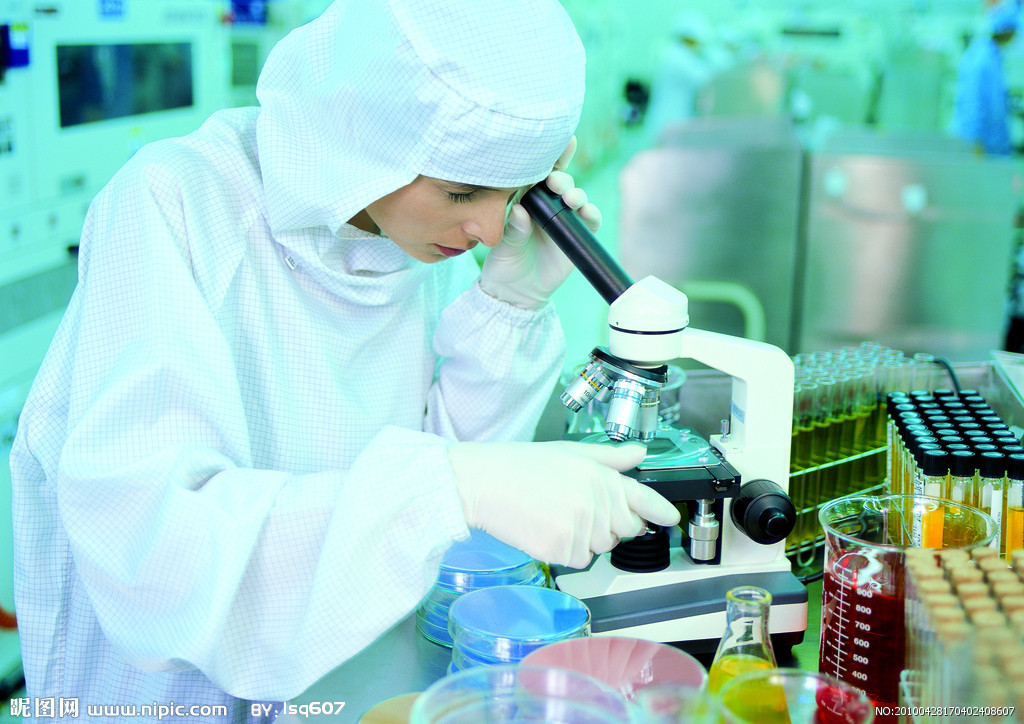US university confirms it used children in GM trial
 0 Comment(s)
0 Comment(s) Print
Print E-mail Shanghai Daily, September 5, 2012
E-mail Shanghai Daily, September 5, 2012
An American university confirmed yesterday that it had used Chinese children as guinea pigs in a trial of a new type of genetically modified rice.
The announcement, by Tufts University in Massachusetts, followed a denial by authorities in China's central province of Hunan that such a study had taken place.
However, university spokeswoman Andrea Grossman told The China Press, a US-based newspaper, that it conducted the study in rural areas in Hunan with the aim of finding a solution to a serious health problem affecting developing countries.
Grossman said the trial picked 72 children between the ages of six and eight in rural areas in Hunan and they were fed with either genetically modified golden rice, spinach or carotene capsules over a 35-day period.
The study showed that the "Golden Rice" was as effective as capsules and even better than carotene-rich spinach as a source of vitamin A, Grossman said.
She added that the university adhered to the highest moral and ethical standards while conducting any experiments involving human participants. The trial, which aimed to prove that the rice was an effective source of vitamin A, was approved by authorities in both China and the United States and agreed to by all the children taking part in the trial and their parents, Grossman said.






